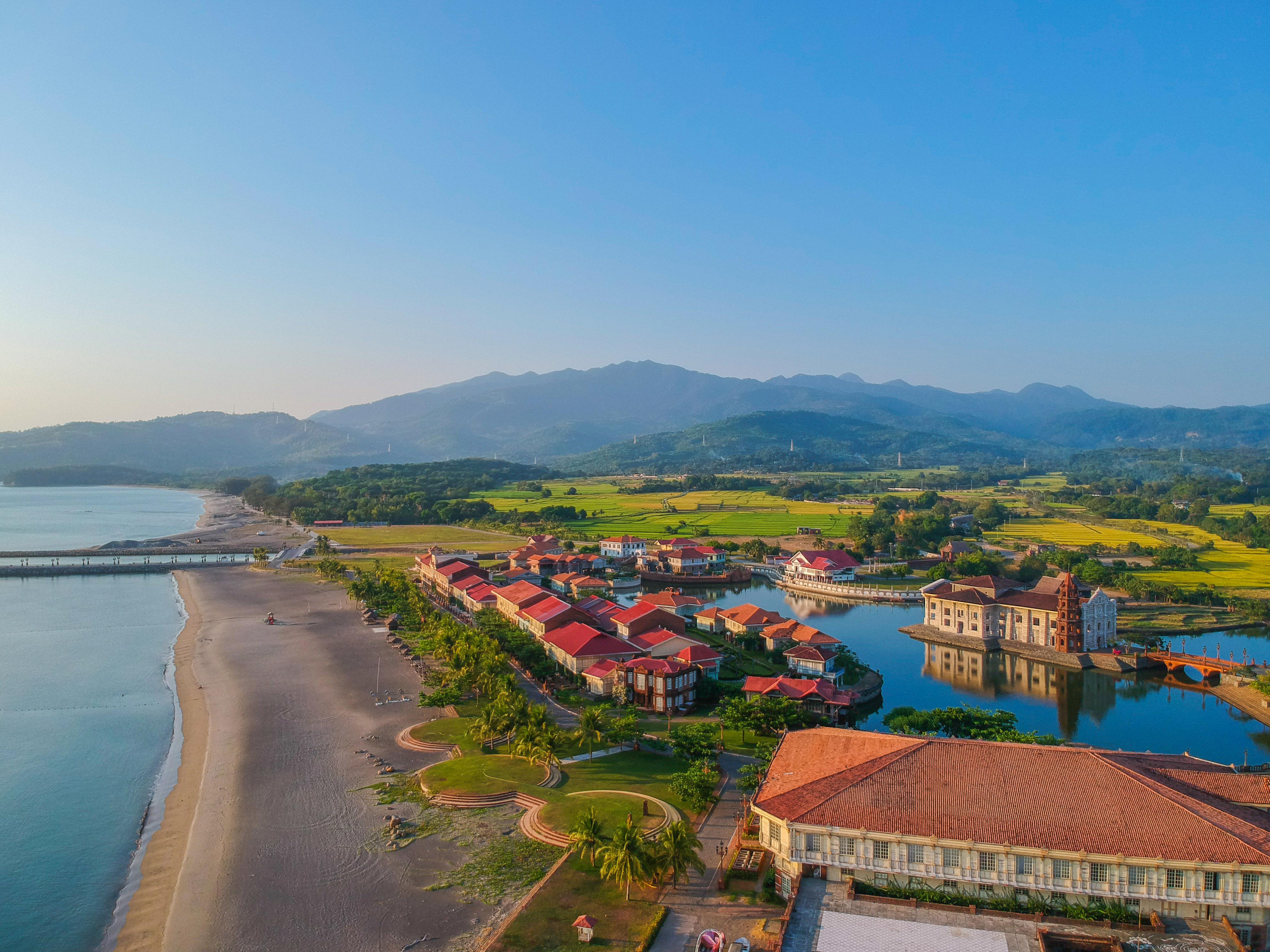Based on the Department of Tourism’s data, close to 30% of a foreigner’s expenditure is spent on food and beverages in the Philippines.
As such, Department of Tourism Secretary Bernadette Romulo-Puyat expressed confidence that an imaginative Filipino gastronomy will remain a strong pillar of the country’s tourism industry under the new normal.
Puyat said the Department of Tourism (DOT) is preparing recommendations for the health and safety guidelines for restaurants, cafes, and other dining establishments that will suit the food travel trends that will emerge following the health crisis.
The DOT Chief made the statements in her opening remarks at the webinar titled “Re-imagining of Food Tourism” in light of COVID-19, sponsored by the World Food Expo (WOFEX) in partnership with DOT.
Puyat described food tourism as an extraordinary experience where travelers have fun eating and drinking, as well as offered with a rich sensory window into the country’s history, culture, traditions, and way of life.
Long before she took over the stewardship of the DOT, Puyat had been a proponent of the rich Filipino culinary heritage while serving as undersecretary at the Department of Agriculture during which time she collaborated with renowned chef Margarita Fores.
Fores, the United Nations World Tourism Organization (UNWTO) ambassador for gastronomy tourism, was one of the webinar panelists along with food personalities Cesar Cruz, Ivan Man Dy, Olive Puentespina, JJ Yulo. PEPTarsus President Joel Pascual moderated the webinar.
“By seeking out and partaking in the local food or delicacies, travelers create a deeper connection to a region and its people, an experience that will not easily be forgotten,” Sec. Puyat said.
She said despite the challenging scenario faced by the food industry, there have been stories of hope and inspiration to come out of this crisis.
“We’ve seen and heard about chefs and restaurateurs preparing meals for frontliners, with support from generous private and corporate donors. Meanwhile, people quarantined at home have blossomed into budding home bakers and gourmet cooks, eager to share their creations on social media as soon as they pop out of the oven,” Sec. Puyat said.
She explained that the experience of dining out will also have to change, taking into account health protocols such as social distancing in the new normal, health and safety will be among the travelers’ top concerns.
“This will spur the development of contactless products, and the possibility that smaller food companies could gain market share from those who will fail to innovate. I am inclined to agree that innovation will be key to moving forward,” Sec. Puyat said.
Chef Fores echoed Sec. Puyat’s expectation that food lovers will go out and dine as soon as restrictions are lifted.
“We have to reinvent ourselves, to do take-outs and delivery because that’s all that’s allowed for the moment and many of our house staff have shifted to our courier team. It’s challenging, we don’t know when the catering business would resume so what we’re doing is offer custom-made menu for our clients,” Fores said.
The renowned chef, who maintains her bakery which offers her popular Margarita Crinkles and probinsya-style ensaymada, and other crowd-favorites, said establishments be inventive and ready to serve food differently to assure customers of a safe environment.
Cesar Cruz, president of the Philippine Travel Operators Association (PHILTOA), said the tourism sector must prevail against all odds and embrace the protocols under the new normal.
Cruz said culinary tours throughout the country’s regions will be a hit, especially with the focus on domestic tourism.
Binondo Food Walks founder Ivan Man Dy said the food tourism sector must close ranks and use the time during the Enhanced Community Quarantine (ECQ) to prepare for business reopening, learning from webinars, spending time cooking and gardening.
Olive Puentespina, of the Malagos Garden Resort in Davao City, which used to be visited by tourists from all over the world year round, said the self-sustaining agro-industrial park has focused on marketing their internationally acclaimed chocolate and cheese products, as well as ready-to-eat meals.
“We were blessed with soil which we turned into a vegetable farm and we raised chickens. We also have aquaculture. The challenge that we are facing now is only a phase in a transformation in which we can come out in better form,” Puentespina said.
JJ Yulo, of Pinoy Eats World and Foodtrip on ANCX, looks forward to going back to business and getting people out to eat in the restaurants.
“This is a time of learning to do things differently and, most of all, this is a time for us to support each other,” Yulo said.
In recent years, a country’s food tourism scene has become a crucial point of consideration for potential visitors.
According to the 2020 Food Travel Monitor, a comprehensive market research report recently released by the World Food Travel Association, 7.2 out of 10 travelers choose a destination by its food and drink. The same study revealed that food travelers seek “eclectic and authentic” experiences. On average, they also tend to spend 24 percent more per day than other travelers.






